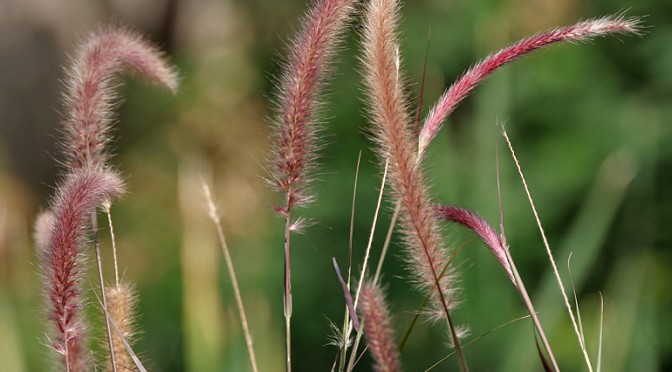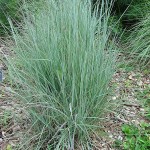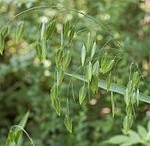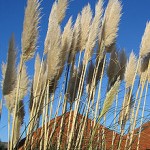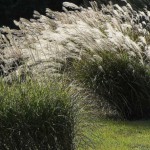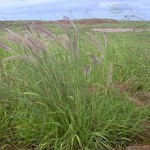When the words grass and gardening are mentioned together, most of us think of getting out the lawn mower for another long hot day of mowing the front yard. But ornamental grasses offer gardeners something entirely different from traditional turf grass.
There are over 20 varieties of native and adapted ornamental grasses in Texas alone, ranging in size from a few inches to several feet in height and width. They come in colors ranging from silver-gray to deep blue-green in the spring and summer, and in the fall and winter can turn anywhere from a light tan to deep rust color.
Ornamental grasses are an excellent way of adding visual interest, color, texture, height, movement, and even sound to a landscape throughout the year. Their exceptional hardiness, drought tolerance, adaptability to a wide variety of soils, and pest and disease resistance make them a great addition to any landscape.
Most ornamental grasses will grow to their full height in about 3 months, making them an inexpensive and quick way to make a dramatic, yet typically long lived impact on a landscape.
Ornamental grasses can be used in many ways in the landscape. Larger varieties can be used as a specimen plant. Use them in a border, as a hedge or as a screen. Ornamental grasses make a great backdrop for roses and other perennials, or try planting a single variety in large clusters for a dramatic effect. In the fall and winter, use dormant ornamental grass cuttings in flower arrangements.
Now is the time to think about where you can use ornamental grasses in your landscape this coming spring. Check out the table below for several varieties you may find of interest. However you decide to use ornamental grasses in your landscape, you’ll be pleasantly surprised with the results.
Don’t forget to check our Plant Hardiness Zones Tool, in the How Do Gardener Tool Shed, to find your USDA Plant Hardiness zone.

